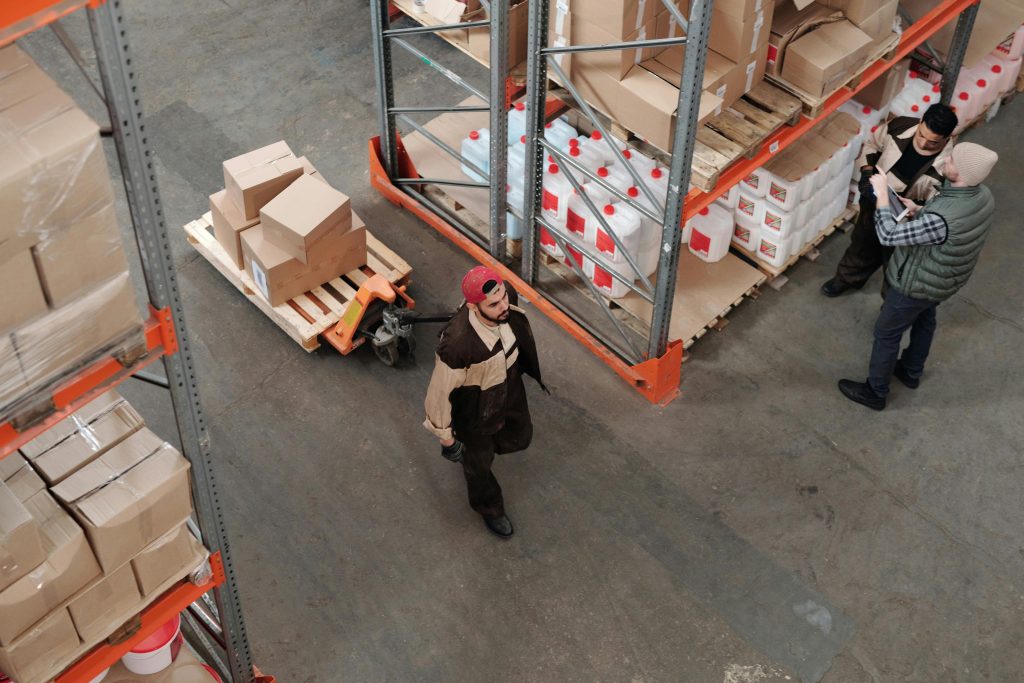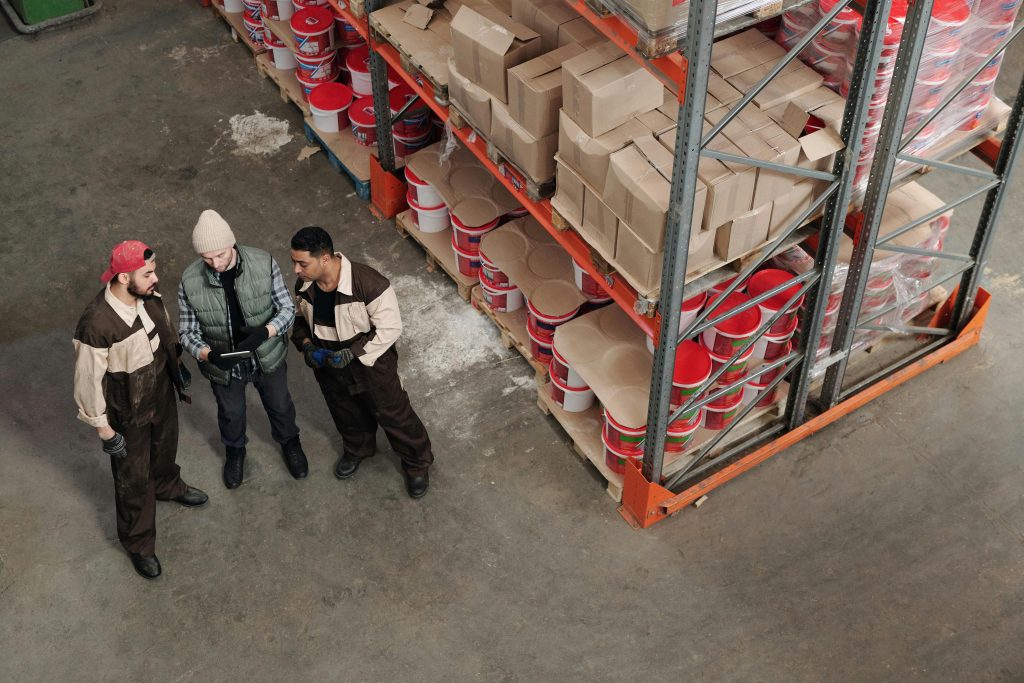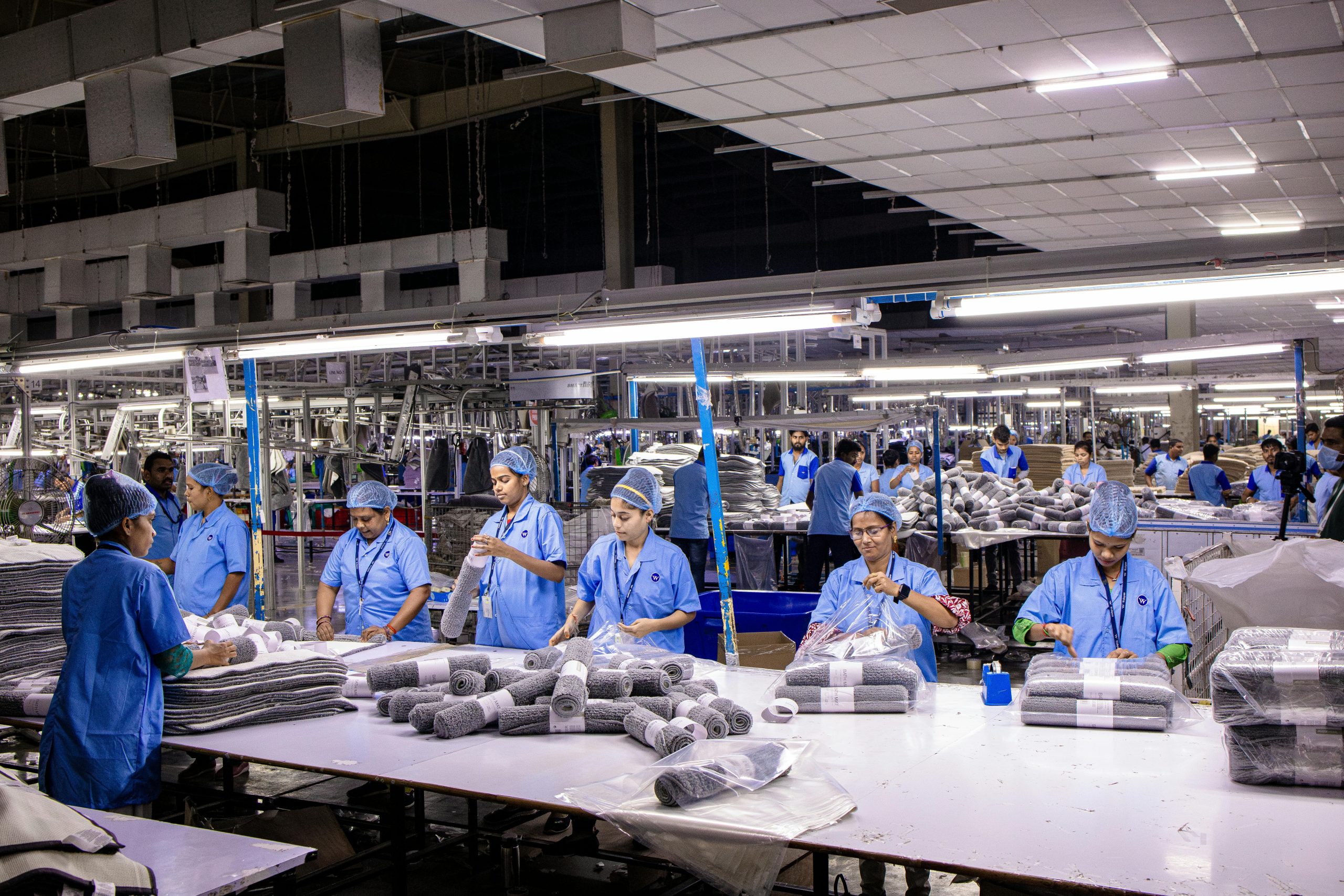Introduction
In the rapidly evolving landscape of global logistics and supply chain management, warehousing has become a critical component that directly impacts operational efficiency, customer satisfaction, and profitability. As e-commerce booms and consumer expectations shift towards faster deliveries and real-time tracking, the warehousing sector has experienced unprecedented growth. Amidst this expansion, the demand for skillful manpower in warehousing has become not just a necessity but a strategic imperative for businesses, especially in bustling logistics hubs like Mumbai, India.
This article explores the significance of skilled labor in the warehousing industry, the challenges posed by workforce gaps, and the roadmap for companies to develop a competent and future-ready warehouse workforce in Mumbai.
The Growing Significance of Warehousing in Mumbai
Warehousing is no longer a static storage space. Modern warehouses are dynamic hubs that manage inventory, optimize order fulfillment, integrate advanced technologies, and streamline logistics operations. With advancements like automation, robotics, and AI-driven warehouse management systems (WMS), the warehousing landscape demands a more skillful and technologically adept workforce.
Mumbai, being India’s financial capital and a gateway to international trade, plays a pivotal role in logistics. Its strategic coastal location, proximity to the Nhava Sheva Port (JNPT), and growing e-commerce market make it a prime location for warehousing and distribution centers.
According to industry estimates, the warehousing and logistics market in India is expected to grow at a CAGR of over 10% between 2021 and 2026, with Mumbai contributing significantly to this growth. This trajectory highlights a critical need for human capital that can efficiently operate in tech-integrated, high-volume, and time-sensitive environments.

Why Skillful Manpower is Crucial
1. Operational Efficiency
Skilled workers understand best practices in inventory handling, order picking, packaging, and dispatching. Their expertise reduces errors, minimizes damage, and ensures a smooth flow of goods throughout the supply chain.
2. Technology Integration
Modern warehouses are equipped with technologies like barcode scanners, RFID tags, automated conveyor systems, and warehouse management software. Employees need to be trained to operate and troubleshoot these technologies, making tech literacy an essential skill
3. Safety and Compliance
Warehousing involves the use of heavy machinery like forklifts, pallet jacks, and lifting equipment. A trained workforce is crucial to maintain safety standards and comply with occupational health and safety regulations. This not only reduces workplace accidents but also protects the company from legal liabilities.
4. Customer Satisfaction
Accurate order fulfillment, timely dispatches, and error-free deliveries are key to retaining customers. Skillful workers ensure that processes are executed flawlessly, enhancing customer experience and brand reputation.
5. Scalability and Flexibility
Businesses often face seasonal demand spikes. Having a trained and adaptable workforce allows companies to scale operations efficiently without compromising on service quality.

Challenges in Warehousing Manpower in Mumbai
Despite the growing need, the warehousing sector in Mumbai faces several manpower-related challenges:
1. Labor Shortage
Many logistics hubs around Mumbai report a shortage of warehouse workers, especially during peak seasons like Diwali and year-end sales. This gap is due to a lack of awareness, limited training opportunities, and the perception of warehousing jobs as labor-intensive and low-skilled.
2. Skill Gap
There is a disconnect between the skills required by modern warehouses and those possessed by the available workforce. As automation increases, the need for technically skilled workers who can operate and maintain machines becomes critical.
3. High Turnover Rate
Warehousing jobs in and around Mumbai often experience high attrition rates due to physically demanding tasks, monotonous routines, and limited career growth prospects. This leads to increased hiring and training costs.
4. Aging Workforce
A significant portion of the warehouse workforce is aging, and the lack of young and skilled workers entering the industry is a cause for concern in India’s urban logistics centers.
5. Inadequate Training Programs
Many companies do not invest sufficiently in structured training and upskilling programs, resulting in inconsistent performance and increased operational risks.

In-Demand Skills in Warehousing
To address the challenges, companies in Mumbai must focus on hiring and developing personnel with specific skill sets. Key skills include:
- Technical proficiency with WMS, scanners, and automated systems.
- Inventory management and understanding of stock rotation methods (FIFO, LIFO).
- Data entry and analysis for real-time tracking and decision-making.
- Physical stamina and ergonomics for manual handling tasks.
- Problem-solving and critical thinking for resolving logistical issues.
- Teamwork and communication to ensure coordination across departments.
- Basic knowledge of compliance and safety regulations.
Role of Training and Development
1. On-the-Job Training (OJT)
OJT programs are effective for new hires, allowing them to learn processes, safety protocols, and equipment handling in real-time under supervision.
2. Technical Workshops
Hands-on workshops on technologies like barcode scanning, RFID usage, and WMS can bridge the tech skills gap.
3. Certification Courses
Companies can collaborate with vocational institutes in Mumbai, such as ITIs and logistics academies, to provide certifications in logistics and warehouse management. Certified employees are more competent and confident.
4. Soft Skills Training
Communication, leadership, and conflict resolution skills are crucial for warehouse supervisors and team leads.
5. Cross-Training
Employees trained in multiple roles (e.g., picking, packing, and inventory) can be deployed flexibly across departments during peak periods.
Impact of Skilled Workforce on Business Performance
1. Enhanced Productivity
Skillful employees complete tasks faster and with higher accuracy, increasing throughput.
2. Reduced Operational Costs
Fewer errors, reduced damages, and efficient use of resources contribute to cost savings.
3. Improved Safety Records
Trained workers are less prone to accidents, leading to lower insurance costs and reduced downtime.
4. Higher Employee Retention
Skill development opportunities enhance job satisfaction and reduce turnover.
5. Stronger Competitive Edge
A reliable and skilled workforce enables companies to meet customer expectations and outperform competitors.
Future Outlook and Emerging Trends in Mumbai’s Warehousing Sector
1. Warehouse Automation
Robotics and AI are reshaping warehousing. Skillful manpower will be needed to operate, program, and maintain these systems.
2. Sustainable Practices
As green logistics gain momentum, workers need training in eco-friendly practices like energy management and waste reduction.
3. Digital Transformation
Digital twins, IoT, and real-time analytics will require workers to adapt to data-driven environments.
4. Remote Monitoring and Management
With IoT and cloud-based systems, supervisory roles may evolve to include remote monitoring, necessitating digital literacy.

How Companies in Mumbai Can Attract and Retain Skilled Manpower
1. Offer Competitive Compensation
Fair wages, performance incentives, and benefits like health insurance and paid leave can attract talent from Mumbai’s vast job-seeking population.
2. Invest in Training and Career Growth
Career progression paths and learning opportunities motivate employees to stay and grow within the company.
3. Create a Positive Work Culture
A supportive and inclusive workplace boosts morale and productivity.
4. Utilize Recruitment Platforms
Leveraging job portals, social media, and local manpower agencies in Mumbai can widen the talent pool.
5. Collaborate with Educational Institutions
Partnering with Mumbai-based colleges, polytechnic institutes, and vocational schools for internships and training programs creates a steady pipeline of skilled talent.
Conclusion
The warehousing sector in Mumbai is at a pivotal point of transformation, driven by technology, globalization, and evolving consumer expectations. To keep pace, businesses must prioritize the recruitment, training, and retention of skilled manpower. A skilled workforce not only enhances operational efficiency but also becomes a key driver of business success in the highly competitive logistics ecosystem.
Investing in people is no longer optional; it is a strategic necessity. Companies in Mumbai that recognize this early and act decisively will lead the future of warehousing with agility, resilience, and innovation.

